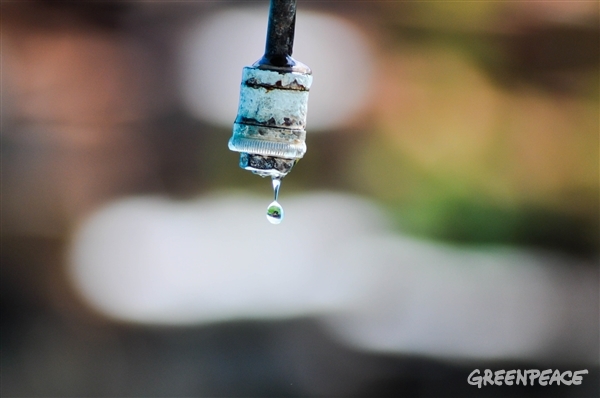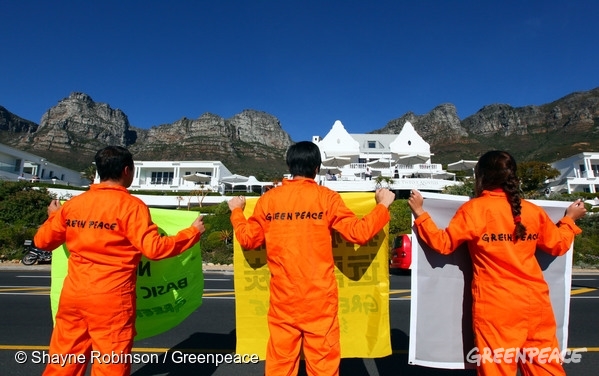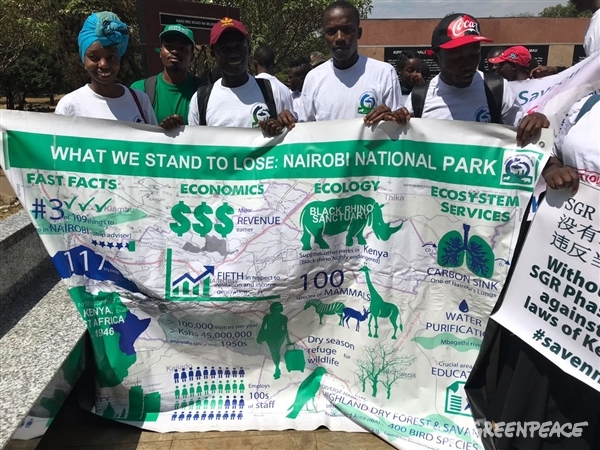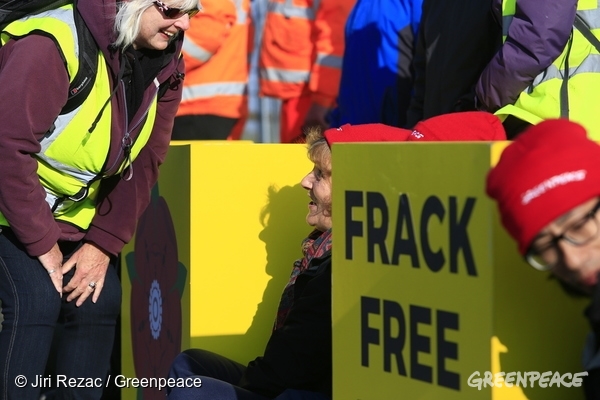
The past few years have been particularly devastating on the African continent as the effects of climate change have manifested in a series of crippling droughts, floods and other natural disasters in several countries.
As weather patterns change, so have our supply and quality of water available for human consumption. Clear examples of this would be Kenya and South Africa, who are both currently experiencing drought crisis.
Here are three petitions you can sign to protect our water this World Water Day:

Many massive corporations are guilty of large-scale water wastage during production – and one such industry is construction. Approximately 4,800 litres of water is used per cubic meter of building – that’s 153,600 litres for even the smallest apartment!
It is, then, only common sense for a city suffering years of drought to halt any further developments – but this doesn’t seem to be the case in Cape Town, South Africa.
Cape Town-based campaigner Olivia Crownther started a petition urging the city to stop approving construction plans. She says that development will just attract more people to the city, placing greater strain on water supplies, and that the use of water in building these properties detracts from from their already limited supply.
2) Join others in saving Kenya’s oldest national park

Despite a court order preventing this, Kenya Railways has proceeded with Phase 2 of Kenya’s Standard Gauge which cuts right through the world-renowned Nairobi National Park.
Friends of Nairobi National Park, a lobby group calling for the Kenyan government to stop the development immediately, are concerned about the detrimental effect the railway line will have on the natural environment – particularly in relation to the park’s rehabilitory functions.
Nairobi-based petitioner Omesa Samwel says that the park services the ecosystem by purifying the Mbagathi River’s water, and that it is a carbon sink (One of Nairobi’s lungs).

The Drakensberg, South Africa, is the source of water on which over 5 million people depend on. If fracking plans for the area are permitted, all life in region stands to be jeopardised.
Never mind the fact that fracking wells use 6 – 25 million litres of water to create cracks in the rocks to release the gas, the risk of toxins seeping into underground water supplies is massive.
Also, farming in the Drakensberg and Karoo will be destroyed if the water is polluted, affecting the country’s food supply and raising food prices considerably, writes South African petitioner Sherebanu Kajee.

Discussion
I hope this helps I know it's not a lot but still
Thank you for your comment.